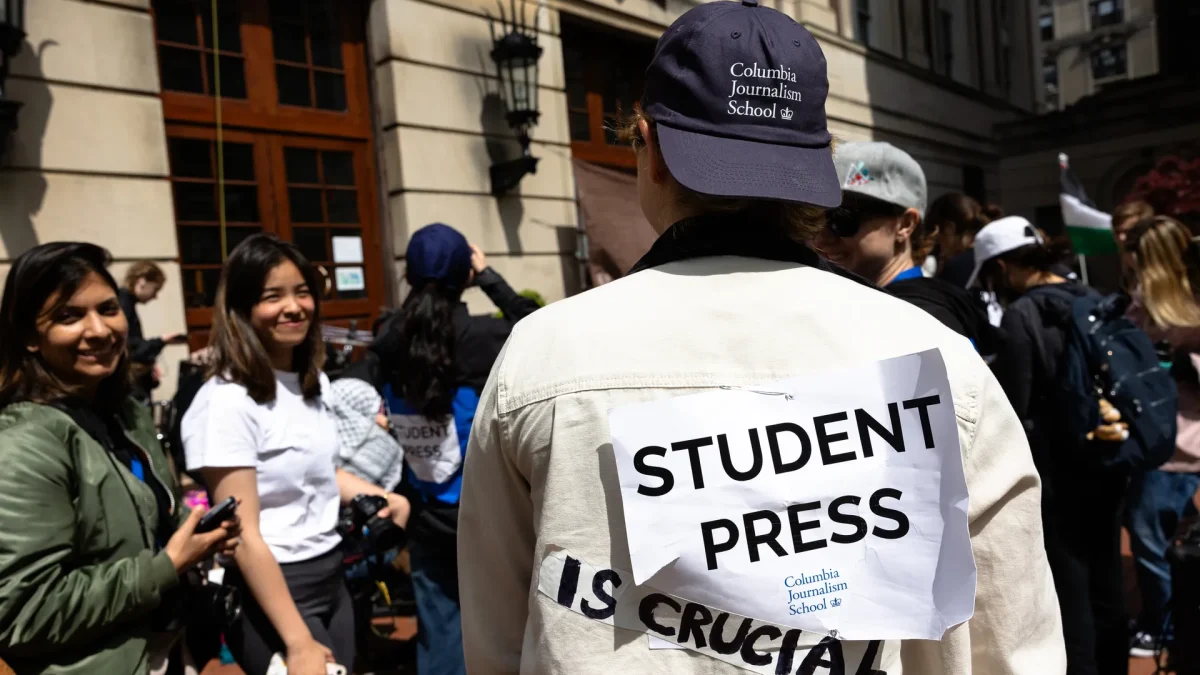Try celebrating St. Patrick’s day by appreciating heritage and history
March 17, 2014
On Saturday, March 15, throngs of green-clad Minneapolitans crowded the streets of Downtown, participating in various St. Patrick’s Day activities. While some of these included watching a parade, and special stations for children, the one activity St. Patrick’s Day is associated with is always the same: getting drunk.
Irish people are constantly stereotyped as drunks, and in day to day American life, this stereotype is accepted, even by many Irish people. Statistically, Irish people are no more likely to become alcoholics than any other demographic. However, a holiday dedicated to drinking with abandon, all in the name of honoring Irish people, perpetuates the offensive stereotype of Irish people as hopeless drunks.
Irish people have experienced horrible discrimination and poverty as immigrants in America, especially in the 19th century. Irish immigrants were stereotyped as lazy, dirty, and drunk, and were considered to be very close to the bottom of the social ladder.
On top of that, some of the first Irish people to come to the New World were imported as slaves. According to John Martin in his article “The Irish Slave Trade–the Forgotten “White” Slaves,” 300,000 Irish people were sold as slaves between 1641 and 1652.
Having a holiday devoted to the celebration of Irish heritage makes sense. In fact, we should have such a holiday for every cultural group in the U.S. But we forget the past of Irish people in the U.S. To have a respectful holiday, we must acknowledge the hardships Irish people have faced in our history.
Even for those who choose not to get drunk on St. Patrick’s Day, the holiday is still associated with things that contribute very little to a true appreciation for Irish culture–it’s not all leprechauns and rainbows. Because of the commercialization of this holiday, the few things about Irish culture that most Americans know are stereotypes, or just a surface-level understanding of a rich and fascinating mythology.
My family is Irish. When St. Patrick’s Day rolls around, we go over to my grandma’s house, she makes corned beef and cabbage and soda bread. Occasionally, we listen to Irish music. Mostly it is an excuse to come together as a family.
In elementary school, my fourth and fifth grade teacher would teach us a small lesson on Irish history, culture, or language on St. Patrick’s Day. She would tell us about the trips she had taken to Ireland. It was always a fun day, but also a day to learn something about a different culture.
For educational reasons, and for appreciating your family’s heritage, St. Patrick’s Day is a wonderful holiday. But it has been exploited and twisted into a holiday that is just about alcohol and clovers.
Just because you wear a green top hat and a shamrock t-shirt while you get wasted on St. Patrick’s Day does not make you Irish, and it does not mean that you truly appreciate Irish culture. St. Patrick’s Day in America boils Irish people down to a handful of stereotypes- funny-accented, green wearing, beer drinking leprechauns.
I’m not asking you to not wear green on St. Patrick’s Day. I’m not suggesting that everyone become a teetotaler. But maybe, this St. Patrick’s Day, try to learn something real about Irish culture. Don’t just leave it at the leprechauns–try appreciating some Irish history.






